It’s been more than three years years since the dramatic 2018 Winter Olympics in South Korea, which took place back in February 2018 in Pyeongchang. And hype has been building for the 2020 Summer Olympics in Tokyo—although the global coronavirus pandemic led the International Olympic Committee to declare a postponement for the events until July 2021, in a historic twist. Here’s our guide to all future Olympics—and what to expect from each host city as their moment in the global spotlight nears.
2020 Summer Olympics: Tokyo
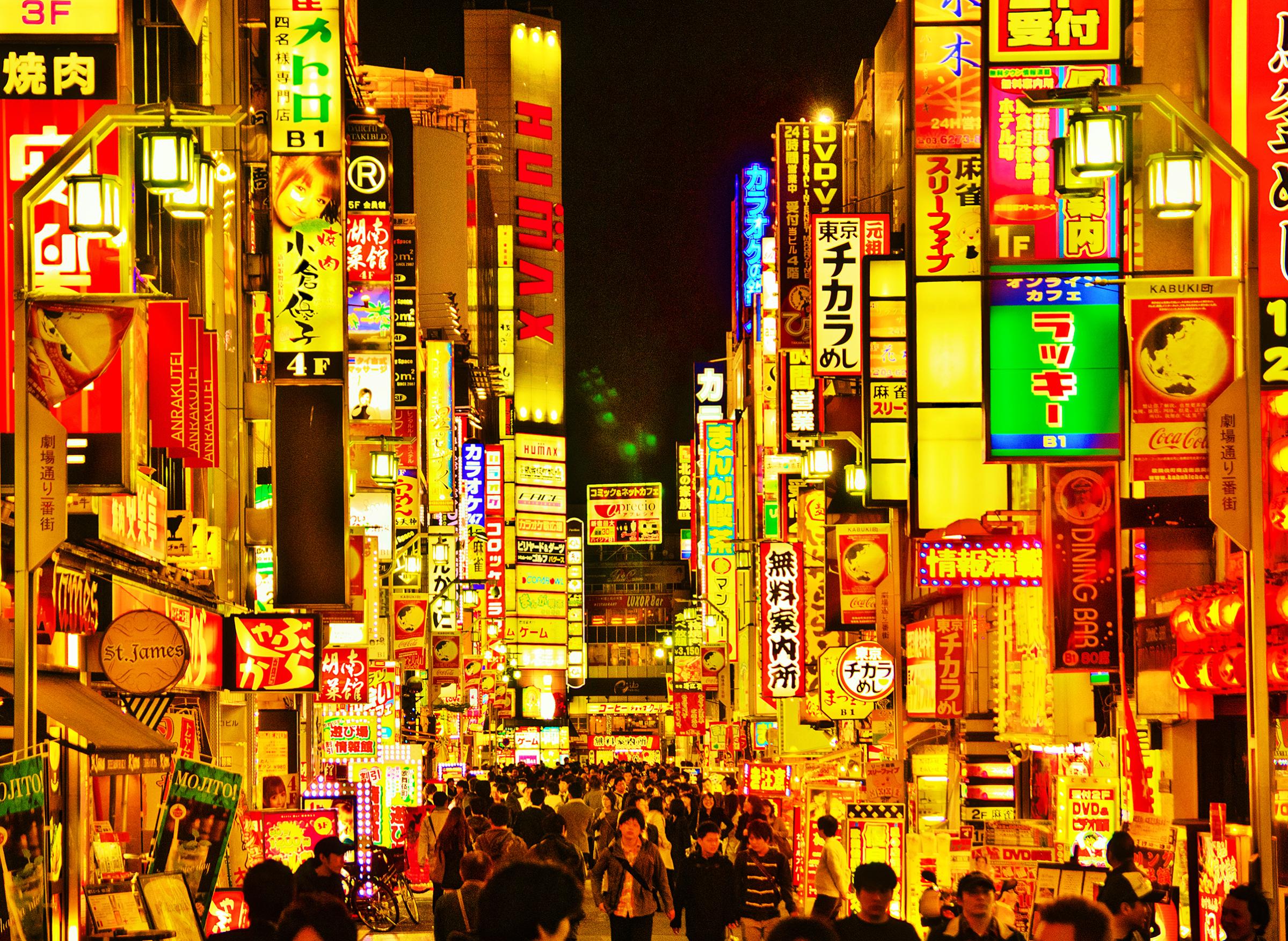
July 23-Aug. 8, 2021
Japan’s capital city beat out other candidate cities Istanbul and Madrid for their 2020 Summer Olympics bid, having also hosted the 1964 Summer Olympics. That said, Tokyo decided to take down and rebuild the original Olympics Stadium in preparation for a 2019 rugby competition and the future 2020 Olympic events, although a number of other original venues in the renowned metropolis and foodie destination will be reused. For the first time, five new sports will be added to the summer Olympics lineup: baseball and softball, karate, sport climbing, surfing and skateboarding.
But the global spread of the coronavirus caused the International Olympic Committee to announce a postponement for the 2020 Summer Olympics, which were scheduled to kick off in July and run through August. Instead, they declared in March that the Games would take place sometime before summer 2021. The Games are ultimately set to start on Friday, July 23. Local officials implemented a number of protocols and testing requirements to try and prevent a COVID-19 outbreak, though some cases were always to be expected. Days before the official start, a handful of athletes had already tested positive for COVID-19.
2022 Winter Olympics: Beijing
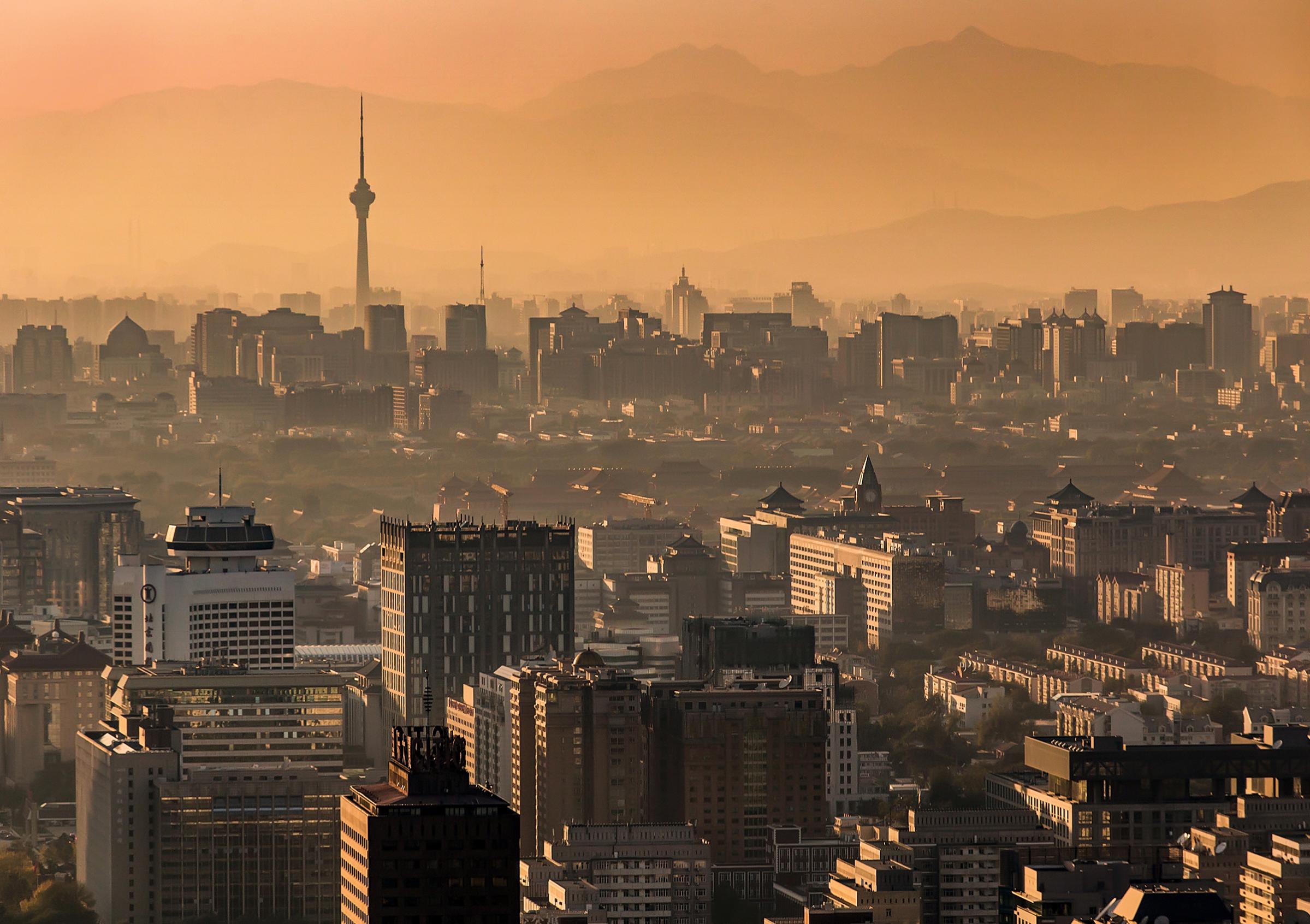
Feb. 4 – 20, 2022
Yes, China’s biggest city did recently host an Olympics—just a decade ago. But the 2008 Beijing games took place in the summer, and this time the global capital decided to aim for a winter experience as well. Its successful bid for the next Winter Olympics makes Beijing the first city to host both a summer and a winter Olympics, beating out the single other candidate of Almaty Kazakhstan. Beijing already has much of its indoor Olympics infrastructure in place, thanks to the 2008 games. But some are concerned about one major component of the winter Olympic games: the snow. Mountain events will take place at two locations about 50 and 100 miles outside of Beijing, with natural snowfall topping out at one of them at only five centimeters on average.
2024 Summer Olympics: Paris
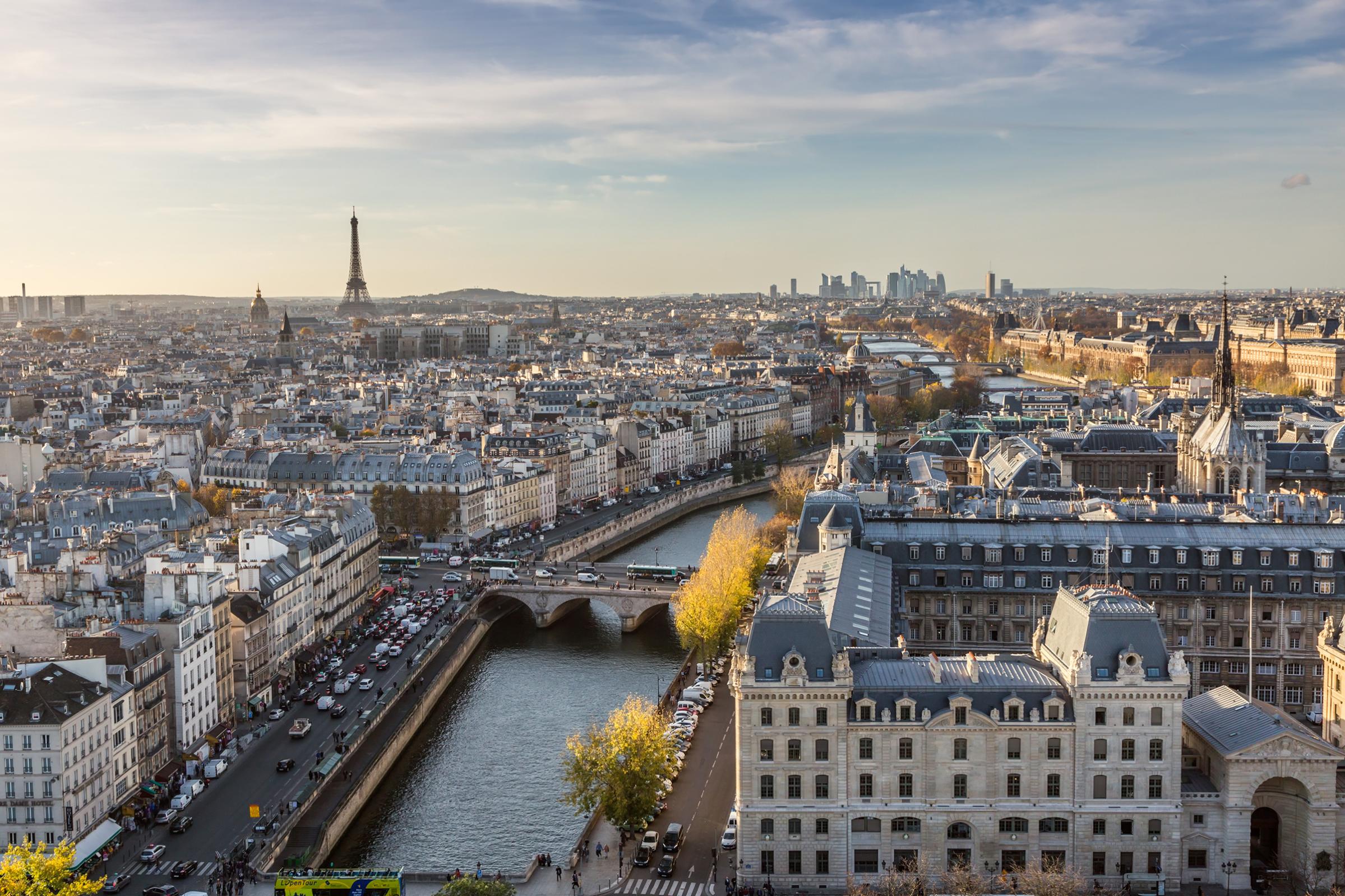
Jul 26, 2024 – Aug 11, 2024
Paris is no stranger to the summer Olympics, having hosted back in 1900 and exactly one century before its upcoming games, in 1924. The French metropolis bested other minor European candidates and its major opponent, Los Angeles, to host the 2024 Olympics. According to early statements, Paris will use 95% “existing or temporary venues” with “a clear, defined legacy” in order to avert the post-Olympics malaise that cities like Athens have sometimes suffered. The new Olympic Village is expected to be about 15 minutes from central Paris landmarks like the Eiffel Tower, with other venues distributed along the Seine.
2026 Winter Olympics: Milan-Cortina
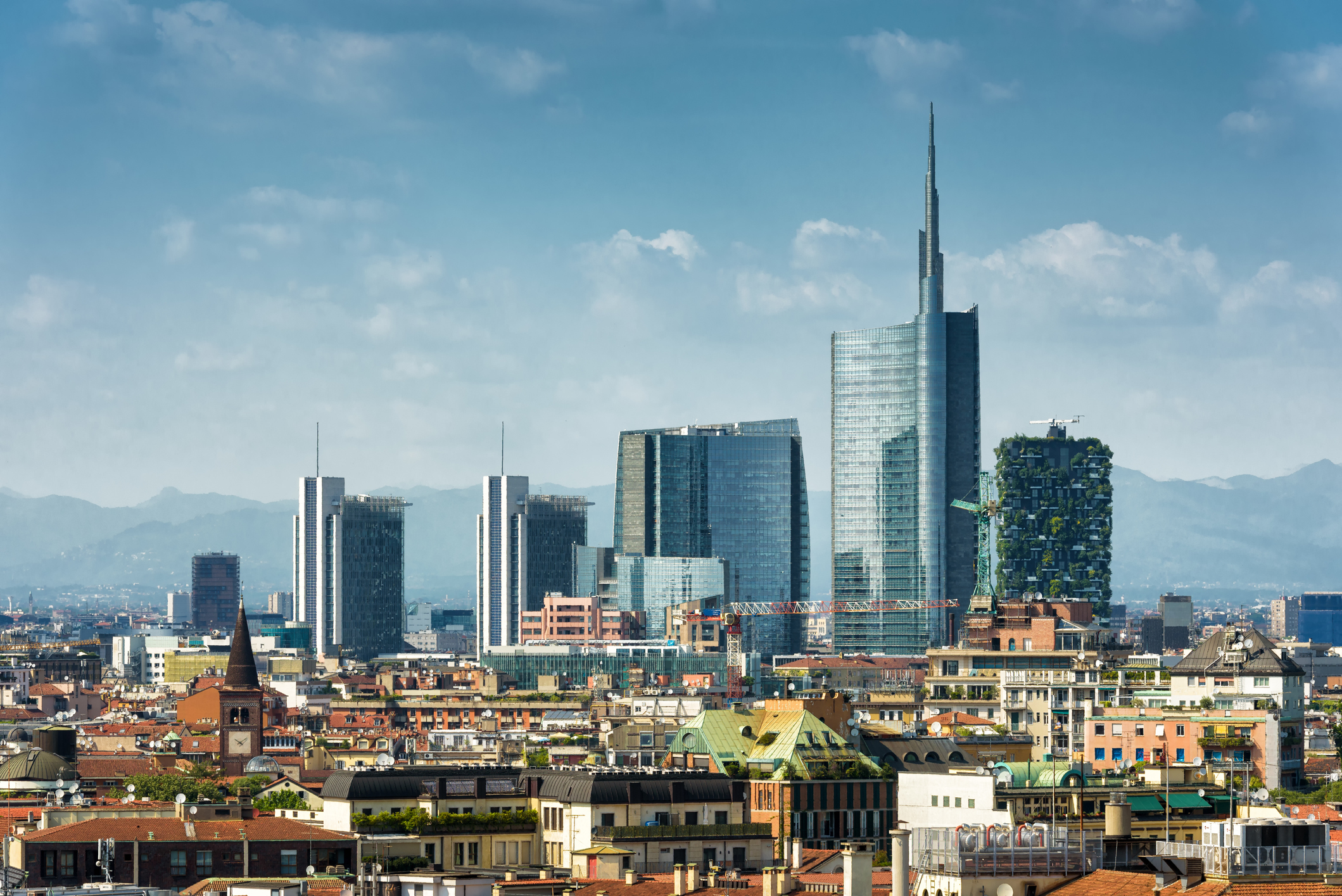
Feb. 6-22, 2026
The International Olympic Committee (IOC) announced in 2019 its decision that the Italian cities of Milan and Cortina would host the 2026 Winter Olympics. Early on, there were four main contenders up for consideration: Salt Lake City, Utah; Sion, Switzerland; Sapporo, Japan and Calgary, Canada. But in the end, the Italian cities took the day. Milan has not hosted an Olympics before, while the northern city of Cortina d’Ampezzo did host the Winter Olympics back in 1956. The events will be spread out across “clusters,” with Milan hosting the opening ceremony, figure skating and ice hockey, many skiing events happening in the Valtellina area, more skiing and sports like luge in Cortina, cross country and speed skating in Val di Fiemme and the closing ceremony ending the 2026 Games in Verona.
The Milano-Cortina Games will abide by what the IOC is calling its “New Norm,” a set of principles meant to reduce the environmental and financial burden on the host country and boost sustainability and efficiency, making use of existing facilities across Italy and encouraging a greater spread of tourist dollars during the Games.
2028 Summer Olympics: Los Angeles
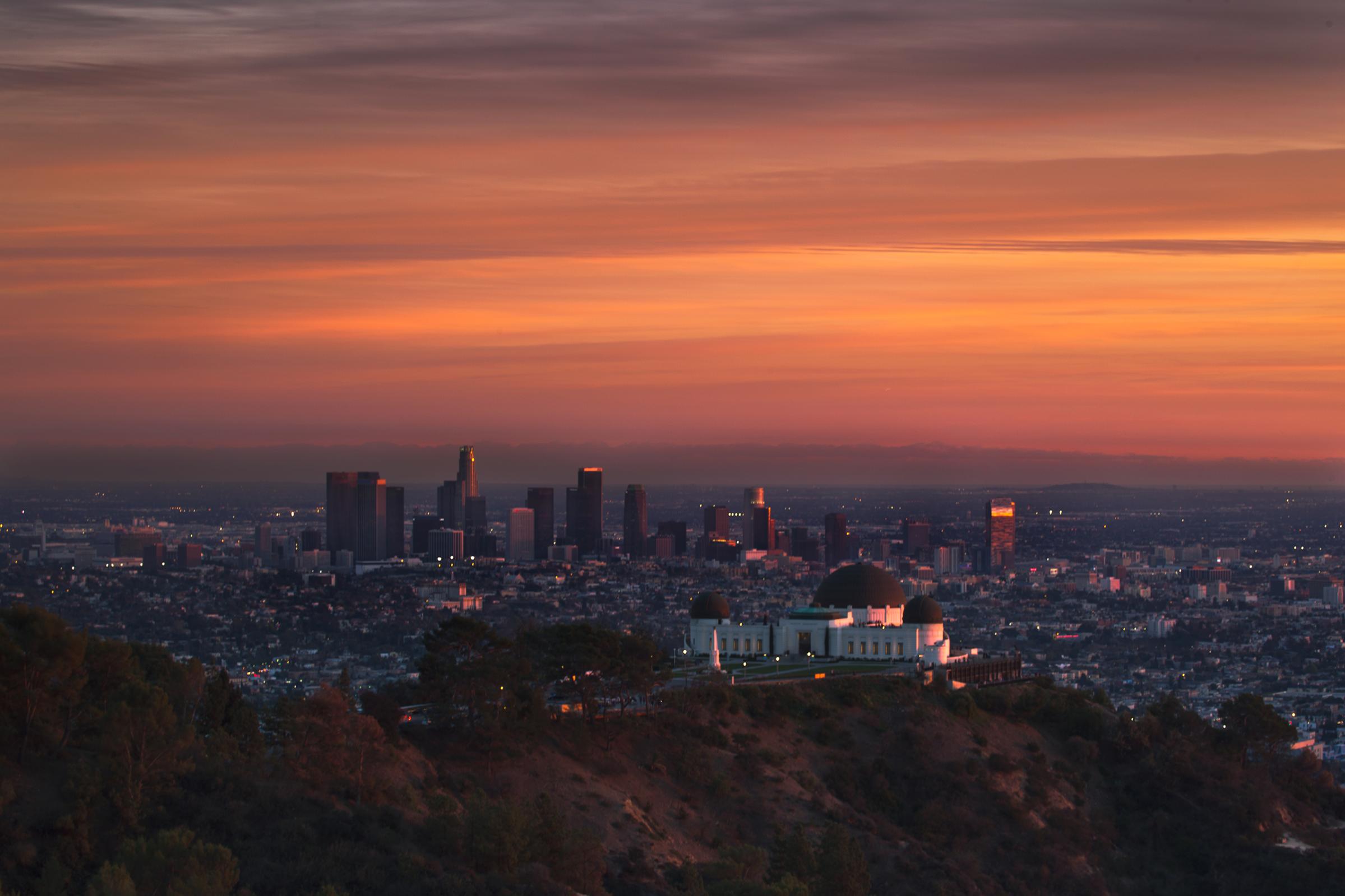
July 21 – Aug. 6, 2028
In an unusual move, the IOC awarded the sprawling southern California city the 2028 Summer Olympics at the same time as it announced Paris’s winning 2024 bid, against which Los Angeles had been contending. The L.A. organizers have so far promised a “fiscally prudent Games” that will serve up “enduring benefits to the host city and the Olympic Movement.” L.A. has hosted an Olympics twice before for the summer games, first in 1932 and then again in 1984. Many of the city’s preexisting structures will be used for this future Summer Olympics, with some public transportation improvements in sight to help bolster access to the venues.
2032 Summer Olympics: Brisbane
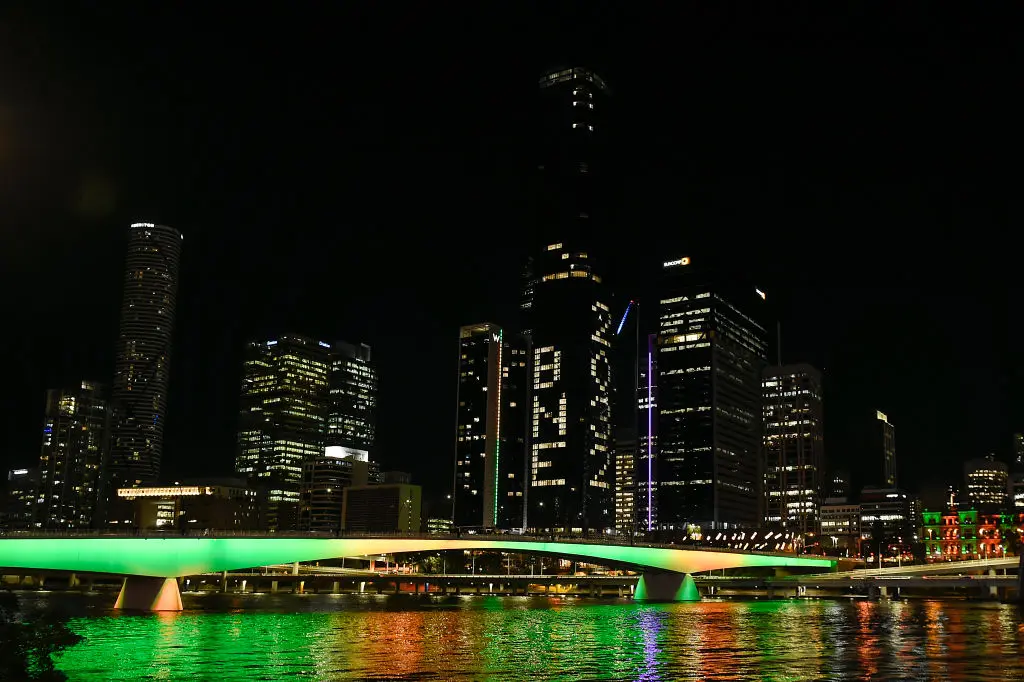
July 23 – Aug. 8, 2032
Brisbane will host Australia’s third Olympics when the Games kick off in July of 2032; The city will also host the Paralympic Games from August through September of that year. The International Olympic Committee (IOC) announced the selection just before the Tokyo Summer Olympics started, but the news was not exactly a surprise. The IOC had granted Brisbane exclusive negotiating rights a few months before the announcement was made official.
More Must-Reads from TIME
- Donald Trump Is TIME's 2024 Person of the Year
- Why We Chose Trump as Person of the Year
- Is Intermittent Fasting Good or Bad for You?
- The 100 Must-Read Books of 2024
- The 20 Best Christmas TV Episodes
- Column: If Optimism Feels Ridiculous Now, Try Hope
- The Future of Climate Action Is Trade Policy
- Merle Bombardieri Is Helping People Make the Baby Decision
Write to Raisa Bruner at raisa.bruner@time.com